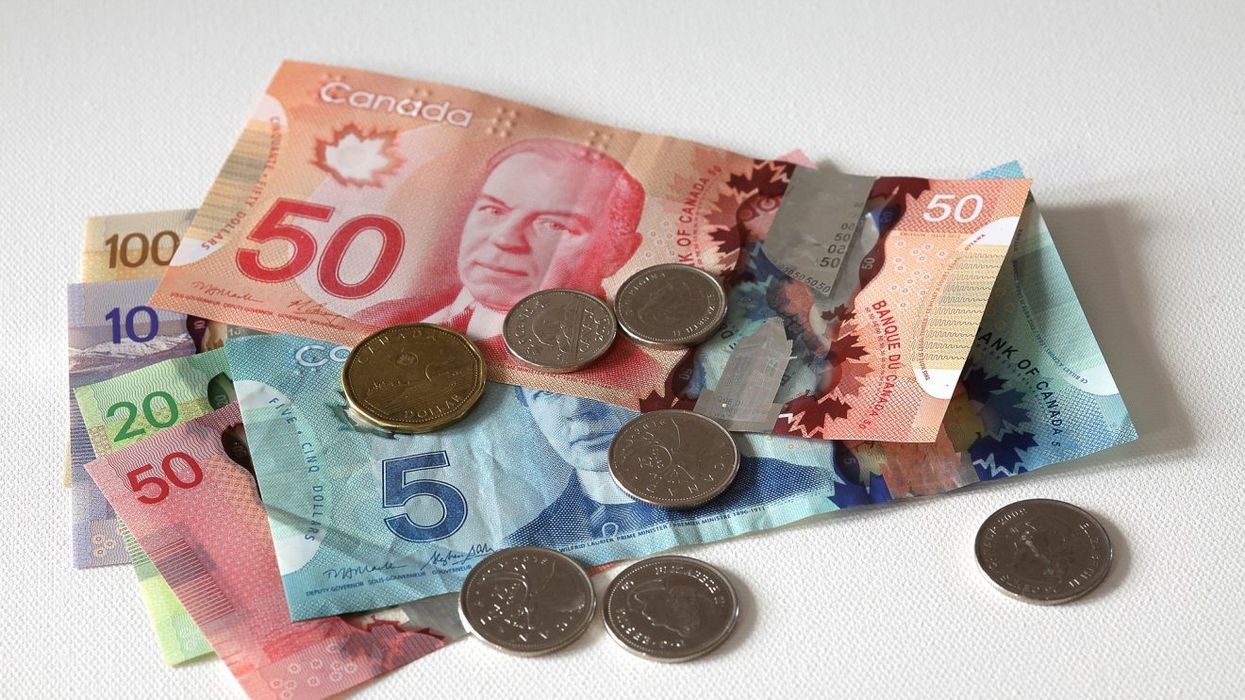The Bank of Canada is maintaining its 1.75 per cent interest rate, just as economists had expected. The announcement was made on Wednesday and did not hint at any potential increase in the near future.
The central bank meets every six weeks to decide on interest rates, CBC reports, and this is the fourth announcement in a row where the rate has remained steady. This is a welcomed trend as the Bank of Canada had previously raised the numbers five times between mid-2017 and fall 2018, the Canadian Press noted.
READ: Canada Is Not At Risk Of Recession As Economy Moderates: BMO CEO
This continual increase in rates has certainly impacted Canadians. A recent survey by insolvency firm MNP Ltd., found that nearly half (47 per cent) believe another increase in could push them into financial crisis.
“Anyone with a variable rate mortgage should be pleased with this announcement because it diminishes the timing and likelihood of any increase to the prime rate,” James Laird, co-founder of Ratehub Inc. and president of mortgage brokerage CanWise Financial, told CBC.
READ: More Canadians Feeling ‘Maxed Out’ By Household Debt: Survey
“This announcement also provides some pressure relief to those considering entering the housing market, as they should expect fixed rates to remain stable through the spring and summer homebuying season.”
In their announcement, the Bank of Canada also noted that “growth during the first half of 2019 is now expected to be slower than was anticipated in January.”
READ: Millennials Make More Money, But Have More Debt Than Gen Xers
Canada’s economy was originally predicted to grow by 1.7 per cent this year, but the current forecast is now down to 1.2 per cent. This means there’s potential for rates to drop if the bank decides there’s a need to further stimulate the economy.
“Governing Council judges that an accommodative policy interest rate continues to be warranted,” the bank said.
READ: Why 56 Per Cent Of Canadians Will Wait Until 2020 To Buy A Home: Poll
BoC expects the economy to pick up in the second quarter as a result of an increase in housing activity, consumer spending, and investments. After picking up steam in 2019, the bank projects GDP growth will be around 2.1 per cent in 2020 and two per cent in 2021.





















